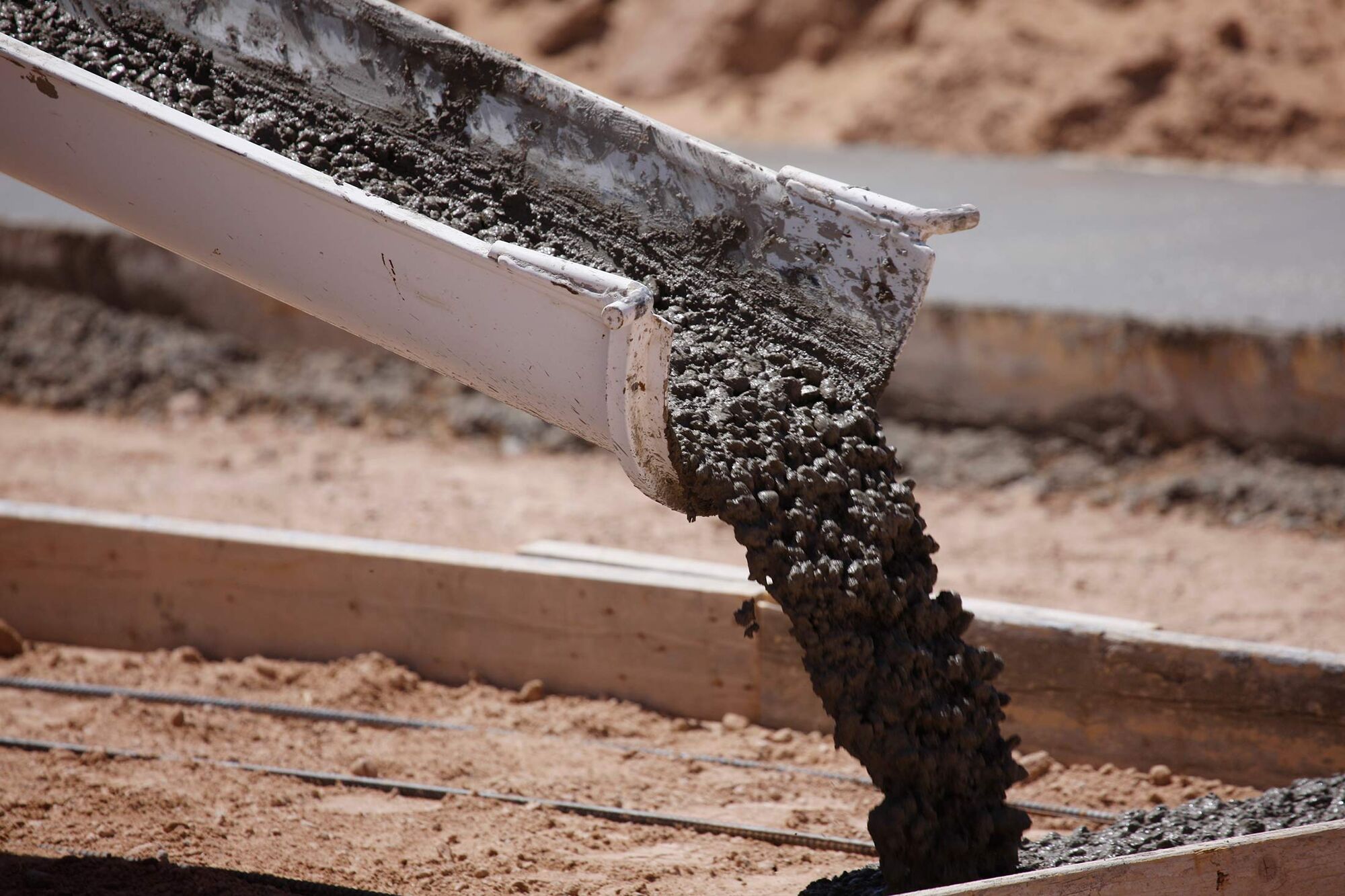The Odum of Ala Igbo
Hail Biafra!
@thatknickfan - I think you're a bit out of your depth here.
Are you disputing that the bulk of Ethiopia's domestic military industry was established under the Derg? If not, how do you expect African states to emulate this model?@thatknickfan - I think you're a bit out of your depth here.
Are you disputing that the bulk of Ethiopia's domestic military industry was established under the Derg? If not, how do you expect African states to emulate this model?


I thought that was just on paper, but it's really north korea that fronts them all their weapons designs/tech/training?Ethiopia builds its own guns, tanks and artillery shells. They're a model for African military logistics.
I thought that was just on paper, but it's really north korea that fronts them all their weapons designs/tech/training?



I was looking into this earlier because of the contracts associated with production. This is great stuff, for many reasons.Cameroon Emerges as Africa Battlefield for Big Cement Makers
by Divine Ntaryike Jr
2017 M05 10 19:00 GMT-3 2017 | Updated on 2017 M05 11 09:57 GMT-3

Photographer: Getty Images
Cameroon is fast becoming a battleground for international cement makers drawn by an abundance of major infrastructure projects and the end of a monopoly long held by LafargeHolcim Ltd.
Dangote Cement Plc, Africa’s largest producer of the building material, and Morocco’s Douja Promotion Groupe Addoha SA have both announced an expansion of production capacity in the central African country this year, challenging Cimenteries du Cameroun, a unit of the world’s biggest cement maker, LafargeHolcim. Demand for cement is estimated to grow 8 percent a year by 2020 from 3 percent now, according to Trade Minister Luc-Magloire Mbarga Atangana.
“Not only is the essential building material now sufficiently available even in the remotest hinterlands, production trends are steadily sloping uphill,” Mbarga Atangana said in a May 5 interview in Yaounde, the capital. “Our country is currently under construction with major infrastructure projects including ports, dams, bridges, roads, stadiums and housing.”
The arrival in Cameroon of three foreign cement makers -- the other is Medcem, a unit of Turkey’s Eren Holding -- since the end of Cimenteries du Cameroun’s monopoly in 2012 has come alongside economic growth of 4.4 percent last year, compared with a sub-Saharan African average of 1.4 percent, according to the International Monetary Fund. Projects include the more than 300-kilometer (186 mile) dual-lane highway between Yaounde and Douala, the commercial capital, and a deep-water port in Kribi, a southern coastal town.
As the 2019 host of the Africa Cup of Nations soccer tournament, Cameroon’s government is also spending heavily on stadiums. There’s also a shortage of housing, with the urbanization rate in the country at about 3.5 percent.

Annual cement production stands at 4.2 million metric tons, according to the Ministry of Trade, compared with 1.6 million tons three years ago. That’s before including planned expansion projects, the latest of which was announced by Addoha unit Ciment de l’Afrique last week.
Cimaf, as the company is known, said May 4 it plans to triple the production capacity of its factory in Douala to 1.5 million tons by 2018 to become “a key player” in Cameroon and an exporter to neighboring countries including Gabon, the Central African Republic and Chad. For its part, Cimenteries du Cameroun last year started building a third plant in the country, at Nomayos, near the capital.
Meanwhile, Lagos-based Dangote Cement has this year started construction of a $150 million plant with annual capacity of 1.5-million tons in Yaounde, part of the company’s strategy of expanding outside its home market of Nigeria.
Dangote has been growing market share in Cameroon over the past two years, Paavo Wiro, the company’s country manager, said in an interview. The producer was forced to buy 200 trucks because local truckers initially didn’t want to work with the Nigerian cement maker, he said.
“At the start of 2016, the interest from the local truckers grew again and they came to us,” Wiro said.
Cameroon Emerges as Africa Battlefield for Big Cement Makers